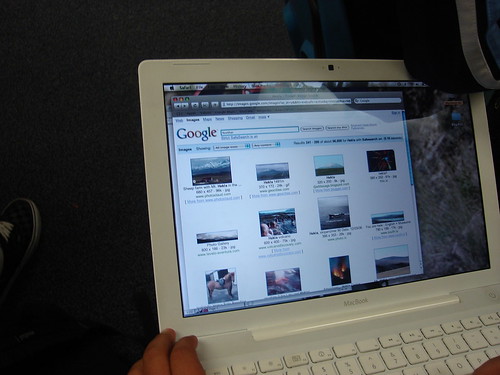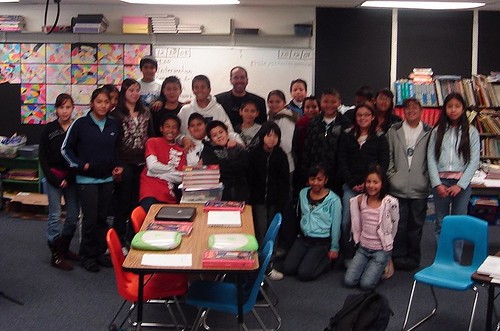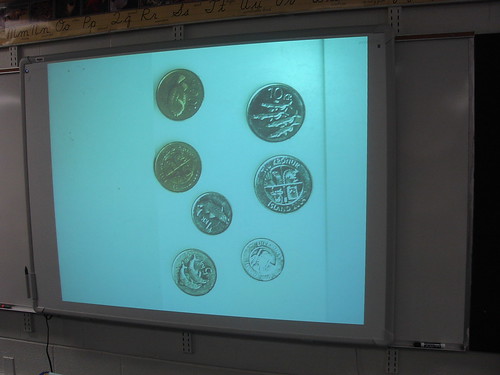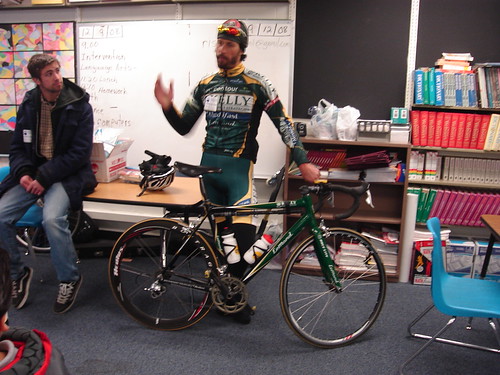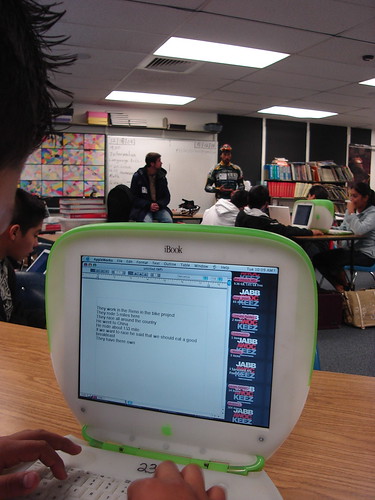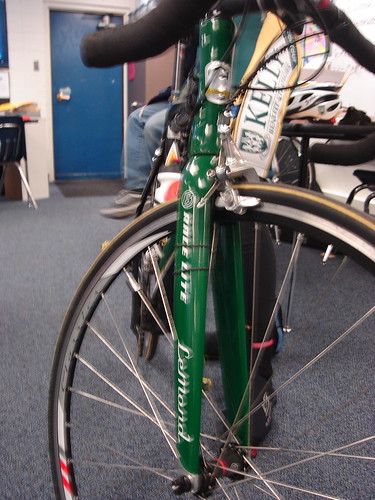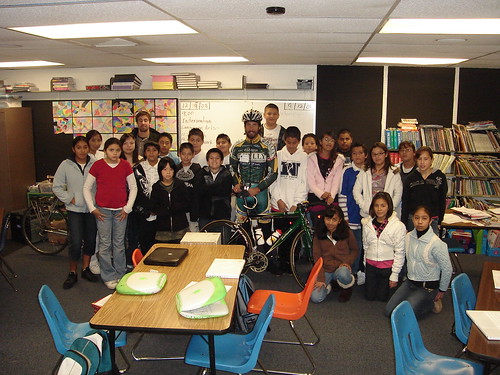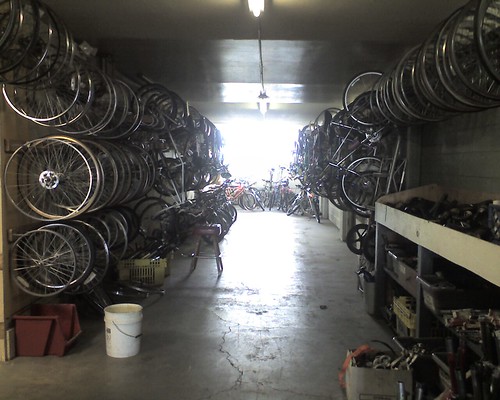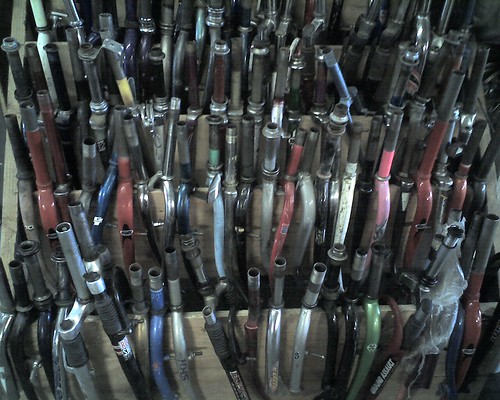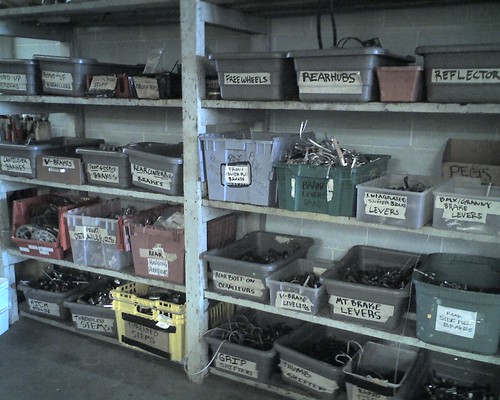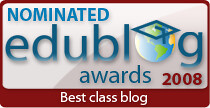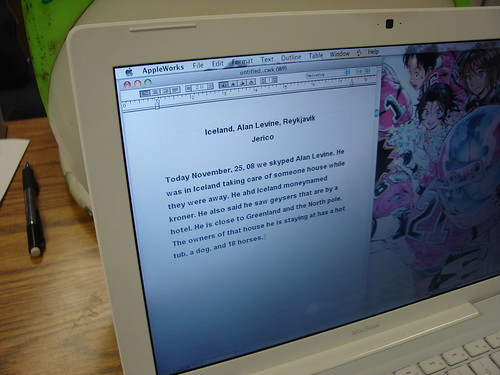Wow! You can’t set this up like this on purpose! I was just contacted about being part of a project that just might be the perfect way to engage with using Skype video-conferencing in your classroom. This project has been set-up by Silvia Tolisano via her blog “Langwitches” – “The Magic of Learning Through Technology.”
The project is called “Around the World with 80 Schools”. Silvia explains it this way in her blog post:
Reasons for Skyping in the Classrroom
Video Conferencing with Elementary School students
I would like to connect my students (PreK- through 6th grade) in the next 6 months to at least 80 different schools in order to circle the globe once.
Here is the idea:
Keep it short. Skype calls can be from one minute to no longer than 5 minutes.
The goal is to connect with at least 80 schools in different parts of the world. Some of the schools will be in the same country or even city.
Don’t stop until you have circled the globe with at least 80 different schools?
Let’s connect via Skype, just to say Hello , Hola, Ni Hao, Hallo, Shalom, etc.
Prepare with your students ahead of time, what you would share with the other school about your own and what questions would you ask? Remember you will only have up to 5 minutes for Q &A
Examples:
What languages do you speak in the country you live in?
What continent are you on?
How do you say “?†?
What is the nearest big city?
What is the name of your president?
What did you always wanted to know about our country?
We will keep track of the schools we connected with on Google Maps.
The goal is to do this in the next 6 months (January- June of 2009)
Will you help us out? Please fill out the following Google form, so I can contact you for
Around the World With 80 Schools.
We are an elementary school in Jacksonville, Florida/ USA that wants to take on the challenge to connect with at least 80 schools in different countries and continents.
We want to circle the globe in the next 6 months.
Will you connect with us via Skype to complete the challenge? All it takes is a 1-5 minute Skype call.
Please fill out the form below, so we can contact you and set up a time to say “Hello”.
I strongly suggest you check out the project here. To enroll your class in the project fill out the simple form on her blog.
Obvious tie-ins to your curriculum would be world geography and mapping skills, writing, by keeping a journal and running map of locations you talk to, oral language skills and technology skills and more.
Â
Learning is messy!
Tags: SkypeCollaboration, project-based

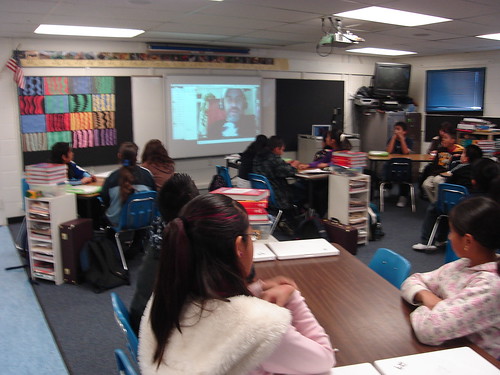

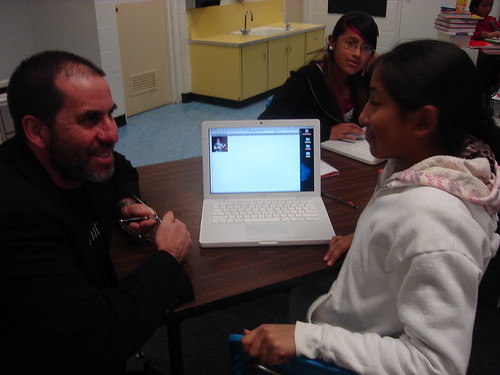 A few students began searching for Alan’s name and looked for photos of him … “Is that you? – Is this you?” they would ask. Sometimes they would revel in finding photos of people that were quite obviously not him, but had his name and they check out his reaction when they would ask him if it was him. Alan played this up for them and would laugh at their “jokes.”
A few students began searching for Alan’s name and looked for photos of him … “Is that you? – Is this you?” they would ask. Sometimes they would revel in finding photos of people that were quite obviously not him, but had his name and they check out his reaction when they would ask him if it was him. Alan played this up for them and would laugh at their “jokes.”